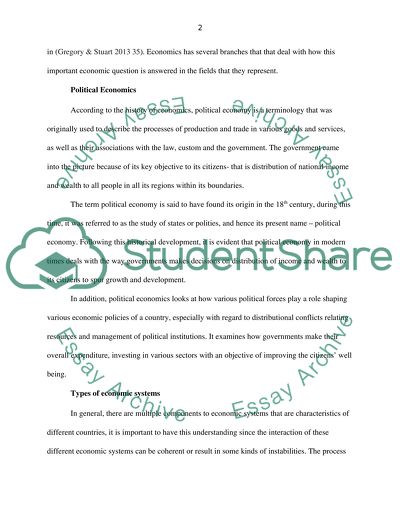Cite this document
(Types of Economic Systems in Political Economy Essay - 1, n.d.)
Types of Economic Systems in Political Economy Essay - 1. Retrieved from https://studentshare.org/macro-microeconomics/1652147-political-economy
Types of Economic Systems in Political Economy Essay - 1. Retrieved from https://studentshare.org/macro-microeconomics/1652147-political-economy
(Types of Economic Systems in Political Economy Essay - 1)
Types of Economic Systems in Political Economy Essay - 1. https://studentshare.org/macro-microeconomics/1652147-political-economy.
Types of Economic Systems in Political Economy Essay - 1. https://studentshare.org/macro-microeconomics/1652147-political-economy.
“Types of Economic Systems in Political Economy Essay - 1”, n.d. https://studentshare.org/macro-microeconomics/1652147-political-economy.


